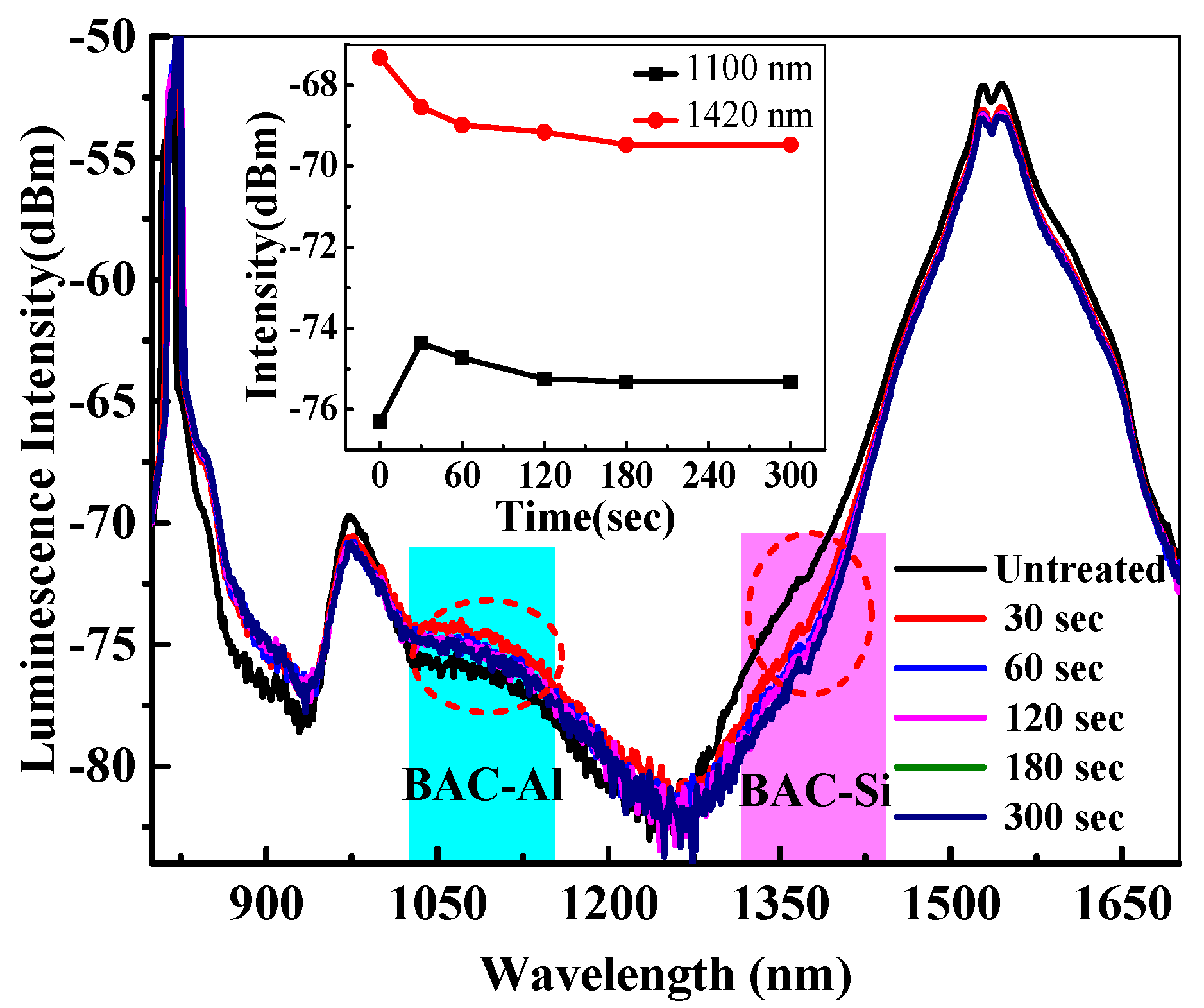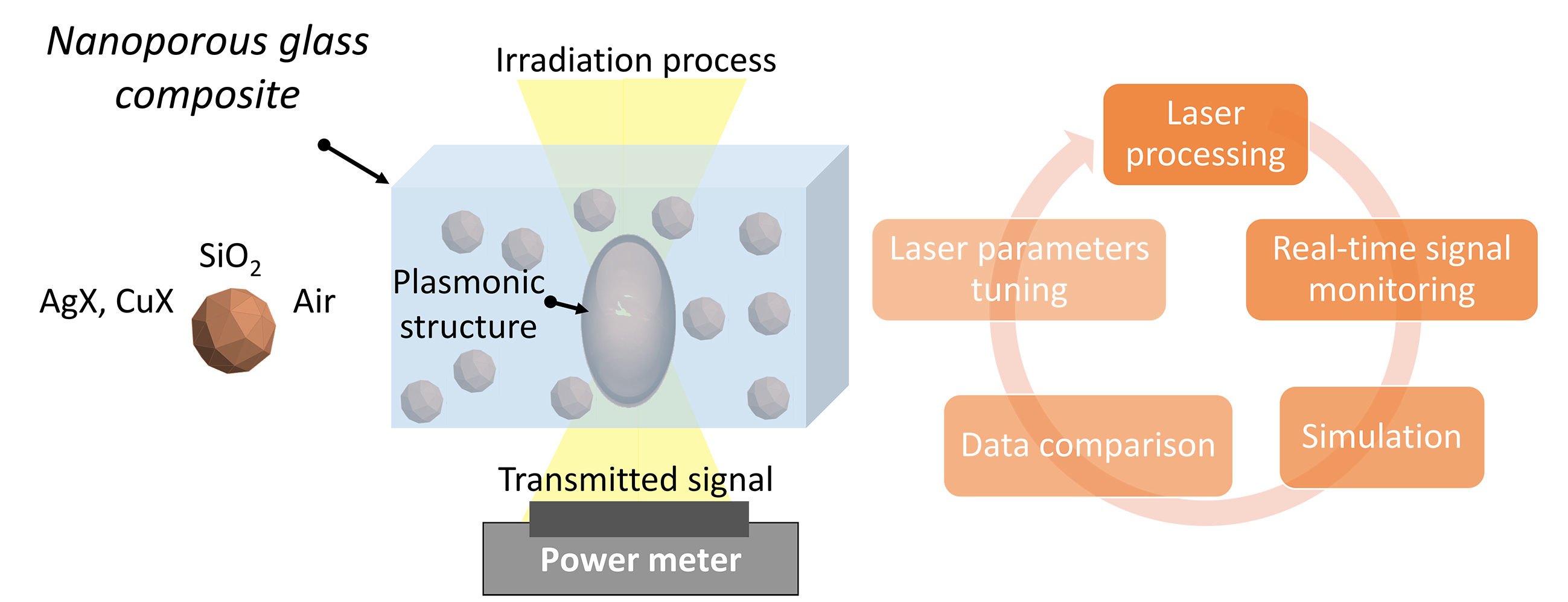

Signal handler, will set the global variable Volatile sig_atomic_t last_received_signal = 0 Signals are numbered from 1, signal 0 doesn't exist If more control is needed (to send the signal to some other process, kill or pthread_kill can be used, which accept the destination process id or thread id). Raising signals in same process can be done with raise method. sigaction receives three arguments - signal to act on, pointer to sigaction_t structure which, if not NULL, is describing new behaviour and pointer to sigaction_t which, if not NULL will be filled with the old behaviour (so one can restore it).

For more details, click here.In order for a program to react to a certain signal, other than using default action, custom signal handler can be installed using sigaction.
Mashinsky signal tutorial code#
The code is just there to give you an idea of the environment in which signals work.)Īll content is copyright by and cannot be used without permission. In other words, don't complain to me about why it's lame to use inc -u for flood protection etc. Questions, comments, flames can be sent to The code examples above are strictly conceptual and are in no way meant to be copied and pasted as working script. Hopefully this has shed some light on the concept of Signals and mIRC event handling. In closing, there isn't much to the syntax of Signal Event handling, but there is a wealth of potential for a creative scripter.Īs well as the above MTS example, possible uses for signals could include: The above example shows how one could handle a range of signals dynamicly. It returns the value of the calling signal. In this example we introduce both a wildcard signal definition, and the $signal identifier. Instead of having:Īnd then having to run script after the parse in another file, you can simply create a signal based engine and pass along the event handling without any conflicts: MTS takes over all visual event handling, and often causes conflicts within scripts. Let's move on to a more beneficial example: a theme engine. The less one event has to do, the faster it will do it. While this example might seem trivial, it illustrates an important concept. Using /signal you can set off multiple triggers at the same time, without slowing down the event: mIRC script is executed IN ORDER before following lines can be processed. The extra lines of code now slow down the rest of the event. Normally you would just add them to the event: The toolbox includes tools for filter design and analysis, resampling, smoothing, detrending, and power spectrum estimation. Maybe some logging and counter functions. Signal Processing Toolbox provides functions and apps to manage, analyze, preprocess, and extract features from uniformly and nonuniformly sampled signals. So now lets say that you want to add some features to your flood protection script. What good is a flood protection if it's slow? In a situation such as this, the speed of the script is essential to it's function.

This example kicks the $nick from the channel when the variable reaches a certain value in a certain period of time. For example, let's say that you have a channel flood protection script: Standard mIRC event handling creates conflicts in a modular environment. In other words you can create custom events based on existing events/situations. Note: The script that called /signal is triggered first, and then all other scripts are triggered." The $1- identifier returns the parameters that were specified in the /signal command. The $signal identifier returns the signal name that caused the signal event to trigger. The on signal event triggers if a script has used the /signal command to send a signal to all scripts. You can however use -n to make the script trigger immediately. To create a signal, let's import createSignal from solid-js and call it from our Counter component like this: const count, setCount. They contain values that change over time when you change a signal's value, it automatically updates anything that uses it. The signal command allows you to trigger signal events in all scripts that listen for signals.īy default the signal is triggered after all current scripts have finished executing. Signals are the cornerstone of reactivity in Solid.
Mashinsky signal tutorial free#
In that case the chain signal leading into the block will turn blue to indicate that some paths are free while others are not. If a rail line splits up, it can happen that one outgoing signal is red and the other is green. "Signals are simple way of triggering signal events in multiple scripts at the same time." A chain signal which leads to a block that has only one outgoing signal will always have the same color as that signal. So just what is /signal? Signals are simply another level of event handling to prevent conflicts between scripts. This tutorial assumes working knowledge of basic mIRC event scripting, aliases, and basic scripting concepts such as wildcards.


 0 kommentar(er)
0 kommentar(er)
